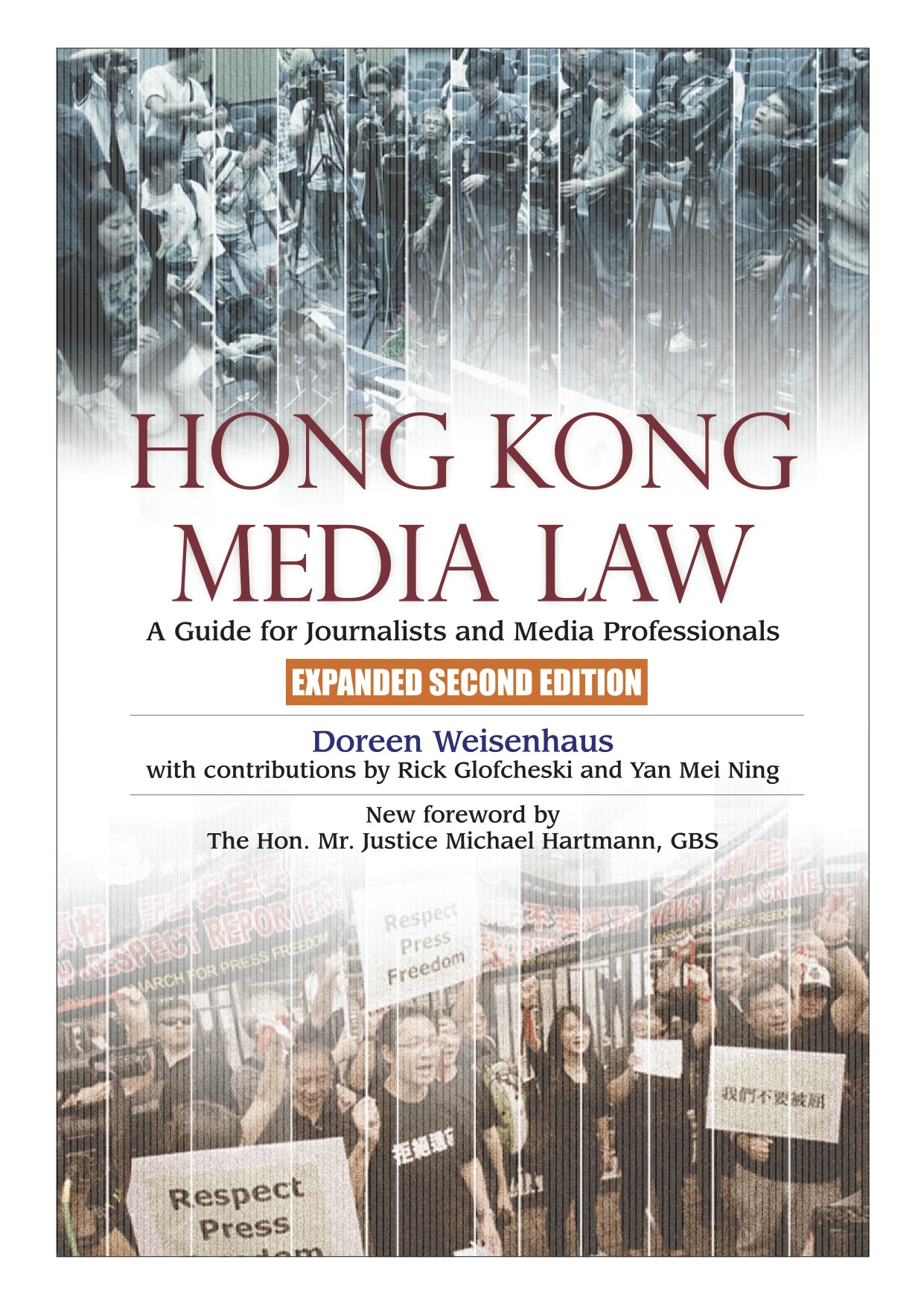Decision by China’s top legislative body will see mainland laws enforced in designated zone, amid fears that city’s autonomy will be undermined
Dec. 27, 2017 (South China Morning Post) — Beijing on Wednesday formally approved a controversial plan for mainland officials to enforce national laws in part of a station on the Hong Kong side for a cross-border rail link under construction, presenting a done deal to the city amid an ongoing row over its legality.
Officials dismissed concerns about Hong Kong’s autonomy being undermined by the move, stressing that only a designated zone leased to mainland authorities would be subject to national laws, after the proposal to implement the so-called co-location arrangement was tabled by China’s cabinet, the State Council, and passed by the National People’s Congress Standing Committee (NPCSC).
The Hong Kong government’s plan now is to table relevant local legislation by February for approval by the Legislative Council, with the long-delayed and over-budget Guangzhou-Shenzhen-Hong Kong Express Rail Link scheduled to start running from the third quarter of next year.
The resolution passed by the NPCSC explained that the plan to allow police and customs officials from across the border to handle immigration procedures for travellers in both directions was in line with Hong Kong’s mini-constitution.
However, opposition lawmakers and some legal experts in the city remained unconvinced, seeing it as a violation of the Basic Law and citing Article 18, which states that, barring a few exceptions, national laws should not be applied in the city.
University of Hong Kong principal law lecturer Eric Cheung Tat-ming, responding to Li’s point about national law only applying to a designated area at the terminus, said: “If part of Hong Kong could be [ring fenced] from local jurisdiction … the protection [for Hongkongers] designated by the Basic Law would then be all gone.”
He added that the arrangement was unprecedented, as even the People’s Liberation Army garrison and Beijing’s liaison office in the city were under local jurisdiction, as stipulated in Article 22 of the Basic Law.
